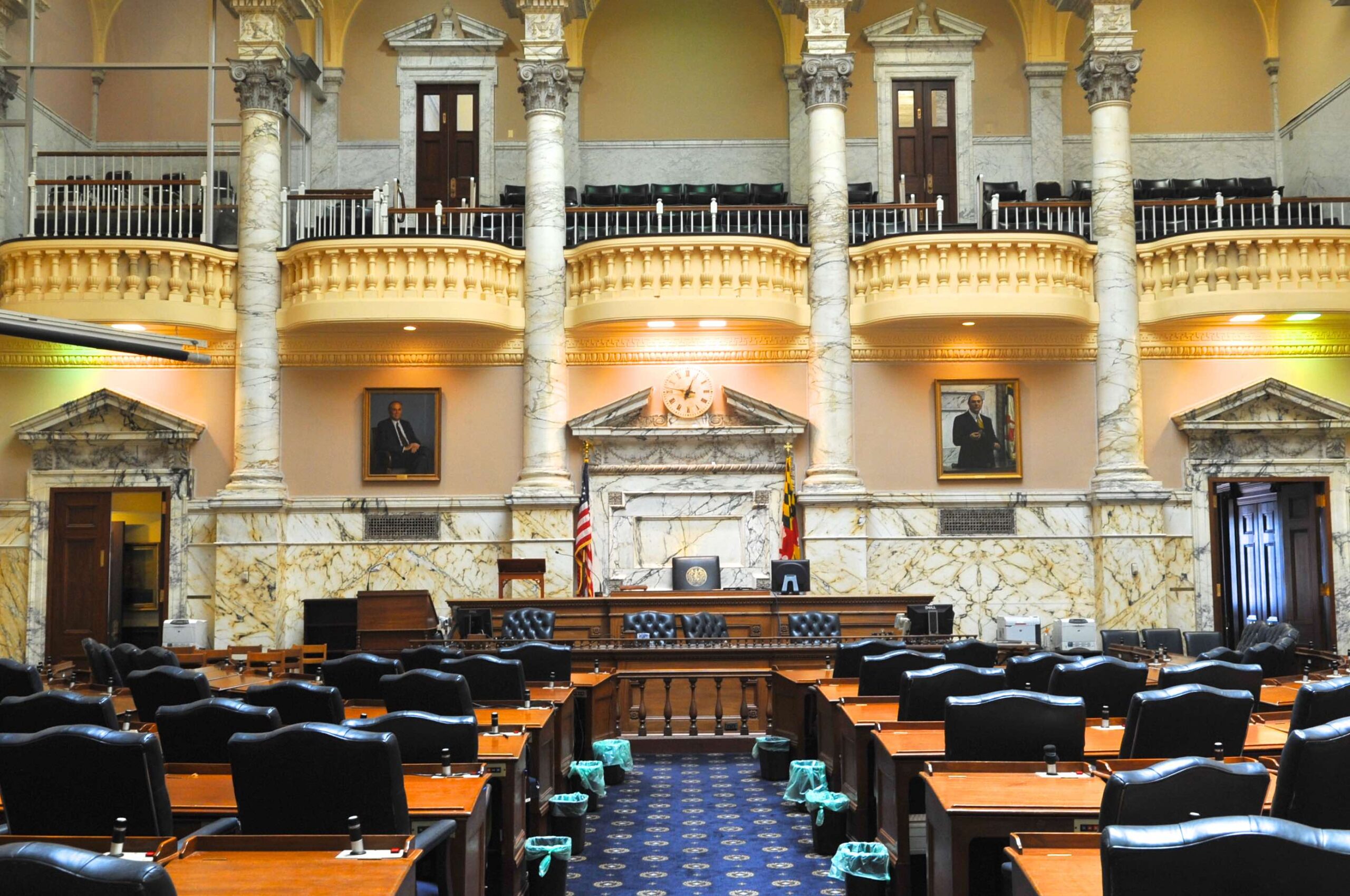Maryland Adopts Groundbreaking New Law Protecting Against Unreliable Jailhouse Witnesses
Maryland becomes second in the nation to adopt statewide tracking of jailhouse witnesses.
05.19.20 By Innocence Staff
ANNAPOLIS, MD – Maryland officially enacted a new law to protect against wrongful convictions involving jailhouse witnesses; incarcerated individuals who expect leniency or other benefits in exchange for their testimony. Incentivized to lie, their false testimony played a role in four wrongful convictions in Maryland that cost taxpayers over $11 million in civil settlements and compensation.
The new law, which was sponsored by Delegate Debra Davis (D-Charles) and Senator Will Smith (D-Montgomery), makes Maryland the second state in the nation, after Connecticut, to establish a statewide jailhouse witness tracking system.
Delegate Davis said: “Maryland is taking a major step in preventing wrongful conviction and protecting crime victims with this new law. Greater transparency around the use of incentivized jailhouse witnesses will benefit the entire criminal justice system. While this bill was only one piece of the effort to end wrongful conviction during the 2020 legislative session, I am confident that this bill provides some justice to Walter Lomax and the other Maryland residents who were exonerated in recent years. We must chip away at decades of injustice, and House Bill 637 is one step on the road towards meaningful, equitable criminal justice reform in our state.”
Senator Smith said: “In passing this legislation we have protected Marylanders from unregulated jailhouse informant testimony; helping to keep innocent people out of prison and saving our state millions of taxpayer dollars.”
Eric Simmons, a Baltimore exoneree who advocated for the bill after he, along with his brother J.R. McPherson, were exonerated last year of a 1994 murder said: “Incentivized testimony played a big role in sending my brother and me to prison for 24 years for a murder we did not commit. I’m proud that the state of Maryland learned from what happened in our case to protect other innocent people. Unfortunately the exoneree compensation bill didn’t pass, and my brother and I haven’t gotten a dime from the state since we were released almost exactly a year ago. Still, I have faith that lawmakers will continue working to fix the law so we rebuild our lives.”
The new law prevents wrongful convictions involving false jailhouse witness testimony by:
- Creating a statewide tracking system through the Governor’s Office of Crime Control and Prevention (GOCAP) for State’s Attorneys to report cases involving jailhouse witness testimony and the benefits that were provided. This will allow prosecutors to see the jailhouse witness’ record of providing incentivized testimony in other jurisdictions before putting them on the stand.
- Requiring prosecutors to disclose specific jailhouse witness evidence to the defense, including information tracked in the statewide system.
- Allowing defense attorneys to request hearings for a judge to enforce disclosure requirements.
- Requiring notification to victims of jailhouse witnesses’ crimes if leniency is offered for their testimony.
Shawn Armbrust, Director of the Mid-Atlantic Innocence Project said: “Thanks to the work of Delegate Davis, Senator Smith, and Maryland exonerees who advocated for the new law, the secrecy surrounding jailhouse witness’ motivations and credibility will be lifted. Maryland took a major step in preventing wrongful convictions, and hopefully it will continue working to do the right thing for exonerees by fixing the state’s compensation law.”
Michele Nethercott, Director of the University of Baltimore Innocence Project Clinic said: “Too many of our clients and communities have been harmed by jailhouse witnesses who lie to avoid consequences of their own crimes. This law improves justice and public safety. The next step is for Maryland to fix the exoneree compensation law and repair the damage of wrongful convictions caused by jailhouse witnesses and other problematic evidence.”
Legislation to fix Maryland’s exoneree compensation law, called “The Walter Lomax Act,” after a Baltimore exoneree who spent 39 years in prison, passed the state House of Delegates with bipartisan support this legislative session. However, in the rush to end the session early as the COVID-19 crisis worsened, two Republican Senators blocked a final Senate vote on the bill.
Sponsored by Delegate Kathleen Dumais (D-Montgomery) and Senator Delores Kelley (D-Baltimore), the legislation would have provided a fixed amount of monetary compensation for each year of wrongful incarceration. It would have also created a streamlined process for Administrative Law Judges to determine eligibility based on proof of innocence.

Leave a Reply
Thank you for visiting us. You can learn more about how we consider cases here. Please avoid sharing any personal information in the comments below and join us in making this a hate-speech free and safe space for everyone.